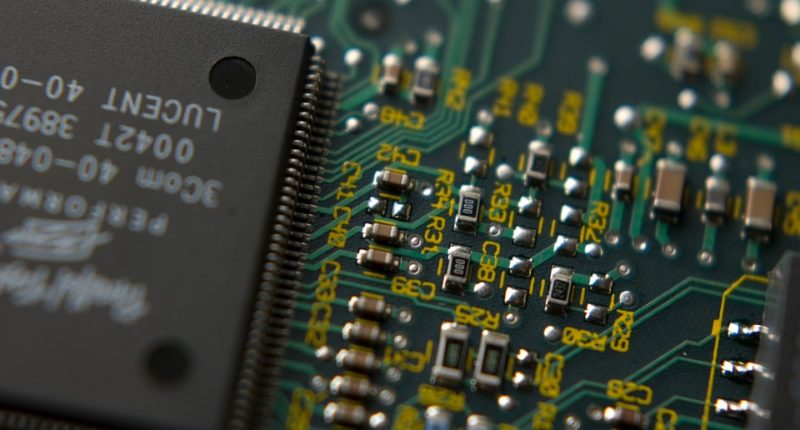South Korea is now expanding its financial support for the domestic semiconductor industry, increasing its commitment to ₩33 trillion ($23.25 billion), marking a major increase from the ₩26 trillion package introduced in the previous year. The support package was revealed on Tuesday through a joint statement by key ministries, including the Ministry of Trade, Industry and Energy.
A major portion of the support package will be directed toward a broader financial assistance program offering semiconductor companies low-interest loans. The funding for this program has been increased to ₩20 trillion from the previously allocated ₩17 trillion. These loans, to be distributed between 2025 and 2027, are intended to support both large corporations and smaller firms involved in various segments of the semiconductor supply chain. This increase in the support package is expected to ease the financial burdens faced by domestic chipmakers.
In addition to this, the government plans to increase its contribution to the development of essential infrastructure in industrial complexes associated with semiconductor production. This includes subsidizing the construction of underground power transmission lines to ensure stable electricity supply for semiconductor clusters, which is a critical requirement for large-scale chip fabrication facilities. Furthermore, the government will raise its funding ratio for infrastructure projects in advanced industrial zones from 30% to 50%, reducing the financial burden on private sector developers and expediting the construction of necessary facilities.
This comes at a time when the semiconductor industry remains one of South Korea’s most crucial economic sectors, contributing significantly to national exports. In 2024, the country’s semiconductor exports reached $141.9 billion, accounting for around 21% of South Korea’s total export volume. The largest overseas markets for these exports were China, with shipments totaling $46.6 billion, and the US, which received $10.7 billion worth of South Korean semiconductors. Despite this, South Korea has lagged in other areas such as contract chip manufacturing and logic chip design — sectors where international competition has become increasingly intense and the likes of TSMC are dominant, even as domestic firms like Samsung Electronics and SK Hynix remain global players.
This support package comes at a time when there are rising concerns in Seoul over the shifting U.S. trade policy under President Donald Trump. On Sunday, Trump stated that a new tariff rate on imported semiconductors would be announced in the coming week. He also noted that there would be “flexibility with some companies in the sector,” suggesting that certain firms might be exempt depending on the outcome of ongoing assessments. These remarks followed an earlier announcement from the U.S. Department of Commerce, which stated that it would launch a formal investigation into the national security implications of importing semiconductors, related manufacturing equipment, and associated products.
The Tech Portal is published by Blue Box Media Private Limited. Our investors have no influence over our reporting. Read our full Ownership and Funding Disclosure →






